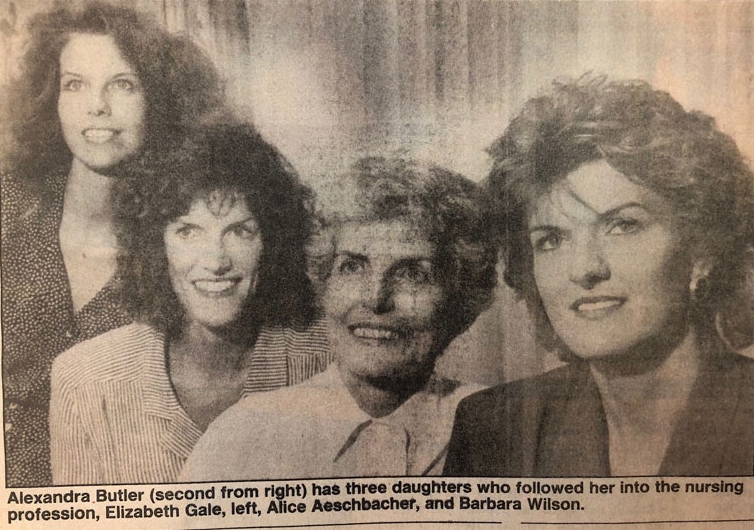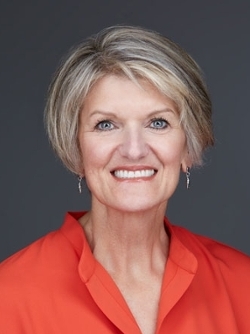Voices of U of U Health
Advanced Education Matters for Nurses
As soon as I became a registered nurse, I knew I needed to go back to school.
In 1979, I graduated from Weber State University (then Weber State College) with an associate degree in nursing. Five years later, I graduated with a bachelor’s degree from the University of Utah, followed by a master’s degree from Brigham Young University and a PhD from the University of Arizona.
I went back to school because I knew that advanced education mattered. Every day, my work in maternal-child nursing seemed to change. Advancing technology, innovative treatments, and additional research-based best practices constantly transformed how I cared for patients and families. That fast-paced health care environment has not slowed down. If anything, it is getting faster. Advanced education guarantees that nurses, from the bedside to the C-Suite, are prepared to manage and implement the changes that will improve patient experiences and outcomes.
Advanced Education Improves Patient Outcomes
In 2010, the Institute of Medicine released its landmark report, The Future of Nursing. The report recommended that 80 percent of American nurses have bachelor’s degrees by the year 2020. That goal has guided nursing educational programs and health systems for the past nine years. A wealth of research, much of it conducted by University of Pennsylvania Professor Linda Aiken, has documented how advanced nursing education can shape and improve patient outcomes. Among other findings, Aiken’s team discovered that in hospitals with higher proportions of nurses educated at the baccalaureate level, patients experienced lower death rates; fewer “failure to rescue” rates; lower rates of pressure ulcers and postoperative, deep-vein thrombosis; and shorter lengths of stay.
While the evidence to support advanced nursing education is clear, workforce shortages and personal economic pressures still encourage nurses to pursue two-year associate degrees. We are nowhere near the Institute’s 80 percent benchmark, but we are getting closer. The number of registered nurses licensed in Utah doubled between 2004 and 2015, from 14,938 to 28,105, according to the Utah Medical Education Council. At the same time, enrollment in associate degree programs declined slightly between 2010 and 2016. Still, one in three Utah nursing students is pursuing an associate degree.

Creating Pathways to Advanced Education
There are signs of progress. Together with our colleagues at Salt Lake Community College (SLCC), University of Utah College of Nursing has developed an “Express Pathway” program that allows qualified SLCC students a seamless entry to our RN-to-BS program with two-, three-, or four-semester options available. This fall, we will enroll 60 associate degree nurses. We are also partnering with the George E. Wahlen Department of Veterans Affairs Medical Center to provide RN-to-BS advancement options to their diploma and associate degree-prepared nurses.
At the same time, health system partners like MountainStar Healthcare and Veterans Affairs offer incentives for nurses to continue their education. Similarly, Intermountain Healthcare gives associate degree registered nurses five years to complete a bachelor’s degree. And with the Thrive@theBedside program, University of Utah Health nurses who pursue additional education are able to advance professionally and achieve pay raises without having to leave hands-on patient care.
Modern nursing involves life and death decision-making, full collaboration with the health care team, and an in-depth knowledge and understanding of the science and art of the profession. Having lived the experience, I personally understand the intangible benefits of pursuing additional education: critical thinking skills, a focus on community and public health, interest in policy, and advocacy. All of these things make nurses better care providers and system leaders, at the beside or in the boardroom.
And we’re getting there—one nurse, one bachelor’s degree, at a time.
